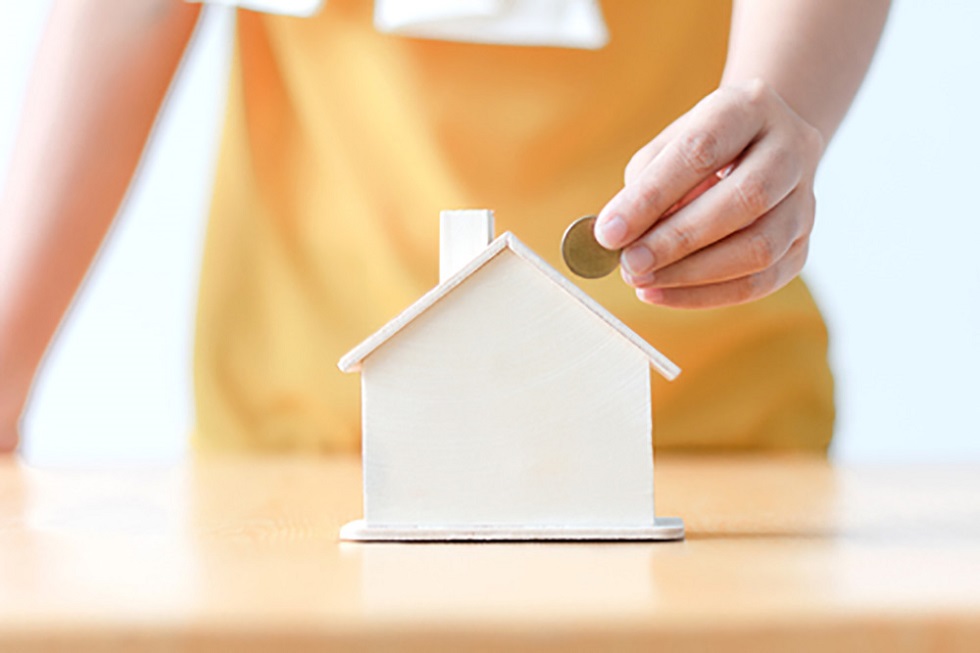Buying a house is the biggest dream of any household but financial constraints delay the day when this dream comes true. Borrowing is the most common route followed by the home buyers but repayment becomes a long-term hassle. The numbers of households fail to repay as per commitment. The prime reason for this failure is that the inflation rate is increasing fast while the wages were not increased accordingly. Most of the households hardly find the funds spared for home loan installment at the last of month after meeting out living cost. Better saving is the only way to maximize the down payment and to pay the installments on time.
Why Should You Focus More On Saving After Home Buying?

According to a report dated 11 September 2018, the outstanding residential loans went up to £1,417.2 billion in Q2 2018, 3.8% higher than that in Q2 2017. Compared to 2nd Q of 2017, total advances increased @ 6.4% to reach £66.7 billion. The total value of fresh agreements was £73.2billion with 19.8% increase from Q1 2018. The average mortgage loan was about £123,423 while the average mortgage interest rate was 2.63% in February 2018. Why do the people fail in repaying their home loan dues on the time?
- Limited earning
- Comparatively higher living cost
- High interest rate
- Holding multiple loans
- Holding multiple debt cards
- Granted less important to pay on the date because of being long-term credit
- Paying minimum house down payment
Break up of Down Payment of Home
The home buying may be the costliest affair for you until now; you must know the real cost of every aspect of home buying process. Just paying the down payment and taking mortgage loan for the required money without a proper plan may drive you in deep financial turbulence. Here is the approximate breakup of total cost of buying a home of £ 200,000:
|
Expense |
Estimated cost |
| Deposit (10%) | £20,000 |
| Booking fee | £100-150 |
| Arrangement fee | £1,000- 1200 |
| Survey fees | £400-500 |
| Transfer fee | £35-40 |
| Valuation fee | £150-200 |
| Stamp duty | £1,500 |
| Moving home | £450-500 |
| Solicitor’s fees | £1,200-1250 |
| Broker or adviser’s fees | £500-550 |
So, when you finalize a deal for the home buying, you need the money not only to pay the down payment but also to commence the formalities. If you want to make the dream of living in own home, you must save more.
7 Tips to Save More for Home Down Payment

- Figure out the down payment amount: Before starting to save for home buying, you must know how much you need and by what time. The mortgage loan lender will help you better knowing for ‘how much home loan you qualify’. As the good standard, housing expense shouldn’t exceed 25 % of average monthly income.
- Know the timeframe: If you are planning to buy a home in five years, you must set the budget. For example, if you are going to buy a home of £ 200,000, you need to have down payment plus other expenses; the total that may be around £ 24000. Set the monthly saving accordingly. If you can save more, it is good to buy a home earlier.
- Find the best ways to save: You have numbers of accounts and types of investments to save. Investing in stocks, real estate and trusts seems gloomy but if you are saving for a definite cause, the saving should be risk free like the fixed deposit at regular bank.
- Line up monthly budget: Saving in thousands for the salaried or fixed income households is not easy but it is possible with determination. Sit down with calm and try to optimize the expenses. Don’t hesitate to cut back some expenses like movie going, clubs visits, holiday touring, dinning out etc.
- Take on automated saving plan: The set amount of saving is deducted from the earning account; so, you are least bothered to deposit. You are free to plan the monthly expenses within the cash that you receive after deduction. The consistency in deposit is the best part offered this trick.
- Increase your savings at each opportunity: You might get the annual bonus, commission for achieving the target, cash gift, or cash by selling the un-usable goods at home. Don’t expand the expenses because of these small cash, instead, deposit it in saving account.
- Plan to reduce the monthly repayments: You might be holding multiple credit cards or store cards that incur the annual cost. Shed this habit; and limit the credit cards and store cards just to 2-3. You might also be having small debts at high interest rate; plan to repay small debts at the earliest. Consolidation loan may be a good option to reduce the total interest rate you pay each month. If you took out a logbook loan with a logbook lender and are trying to repay it, why not consider switching the loan to Car Cash Point, who will reduce your repayments by up to 25%, as well as giving you a Switch and Save Bonus?
Concluding Note
Home buying is a long process that brings in the long-term repayment liability. By minimizing the expenses and improving the cash management, the goal of home buying can be hit earlier. Explore all the options to increase the saving by reducing the expenses at all fronts because you can approach the lenders only after having the down payment amount in your account.

